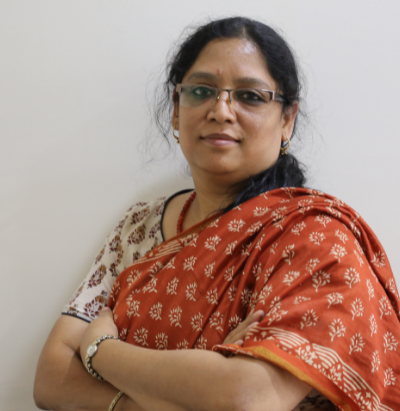Research articles in journals:
‘Rewriting World History in the Classroom: Pedagogical Dispatches from India, Journal of Asian World History (co-authored with Gwen Kelly). Forthcoming.
‘History of a Renegade Revolutionary: Revolutionism and Betrayal in British India’, Postcolonial Studies, 2013.
‘Settling the Convict: Matrimony and Family in the Andamans’, Studies in History, JNU, 2006.
Research articles in edited volumes:
‘Dis-ordering Global Histories: Spatio-Temporal Scales of Historical Writing’ in Suchandra Ghosh and Rila Mukherjee (ed.), Title TBA, Asiatic Society of India, Kolkata. Forthcoming.
‘The Island Metaphor and Historiographical Warp: Writing Pre-modern History of the Andamans’, in Kenneth Hall (ed.), Mobility and Circulation in the Eastern Indian Ocean, Primus Books. Forthcoming.
‘Was Bhagat Singh an ‘Internationalist’? Resistance and Identity in Global Age’, in Vivek Sachdeva (ed.), Identity Assertions and Conflicts in South Asia, Routledge. Forthcoming.
‘History of a renegade revolutionary: revolutionism and betrayal in colonial India’, in Revolutionary Lives in South Asia: Acts and Afterlives of Anticolonial Political Action, edited by Kama Maclean and J. Daniel Elam, Routledge, UK[Reprint], 2014
‘The Wild Andamans: Island Imageries and Colonial Encounter’ in Deepak Kumar et al, Nature and the Orient, Vol. II, Oxford University Press, 2010.
‘Working an Island Colony: Convict Labour Regime in the Colonial Andamans (1858-1921)’, in Marcel ven der Linden (ed.), Towards Global Labour History, Tulika, 2009.
‘Sazaa-i-Kalapani’ in M.P. Singh and Rekha Awasthi, eds., 1857: Bagawat Ke Daur ka Itihas, Granth Shilpi [in Hindi], 2009.
Review Essays:
Clare Anderson et al, New Histories of the Andaman Islands in American Historical Review, 2018.
Sunil Amrith, Crossing the Bay of Bengal, in American Historical Review, 2014.
Clare Anderson, Convicts in the Indian Ocean, in Studies in History, 2004.
Ian J. Barrow, Making History, Drawing Territory, in Indian Historical Review, 2004.
Partha Chatterjee (ed.), History and Present, in Seminar, a special issue on Rewriting History, 2003.
Christopher Key Chapple and Mary Evelyn Tucker (ed.), Hinduism and Ecology in Biblio, A Review of Books, 2001.
Lloyd Rudolph and Susanne H. Rudolph (ed.), Reversing the Gaze in Biblio, A Review of Books, 2001.
Satadru Sen, Disciplining Punishment in Biblio, A Review of Books, 2001.
Shobita Punja, Divine Ecstasy, in Biblio, A Review of Books, 2000.
Upinder Singh, Ancient Delhi in Biblio, A Review of Books, 2000.
Newspaper articles/Op-eds:
‘Lost Political Narratives: What Earns Swami Agnivesh the Ire of Powers That Be’, Business Standard, 24 July 2018.
‘A Nation Betrayed’ in Times of India, 25 February 2016.
‘The Majoritarian Victims: The History of Lynching Black People as a Parable of our Times, in Scroll.in, 17 Nov 2015.
‘Hindu Selfhood and Cow Stories’, Indian Express, 9 October 2015.







